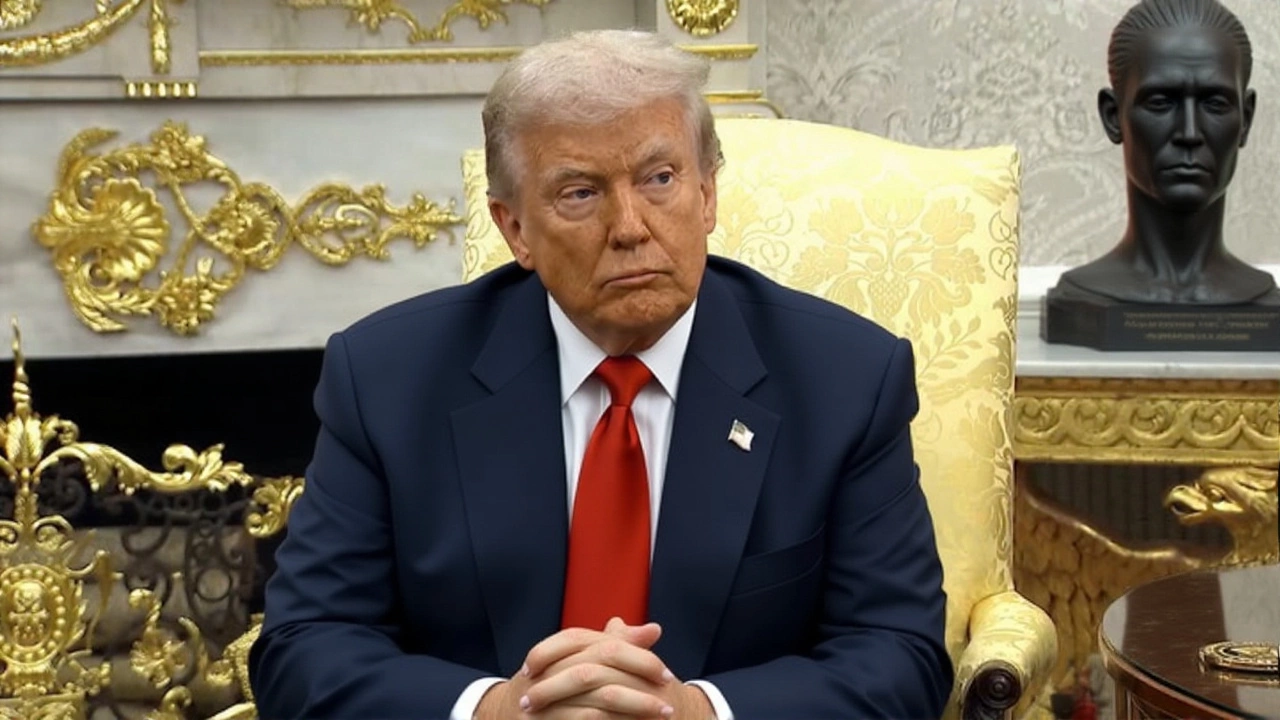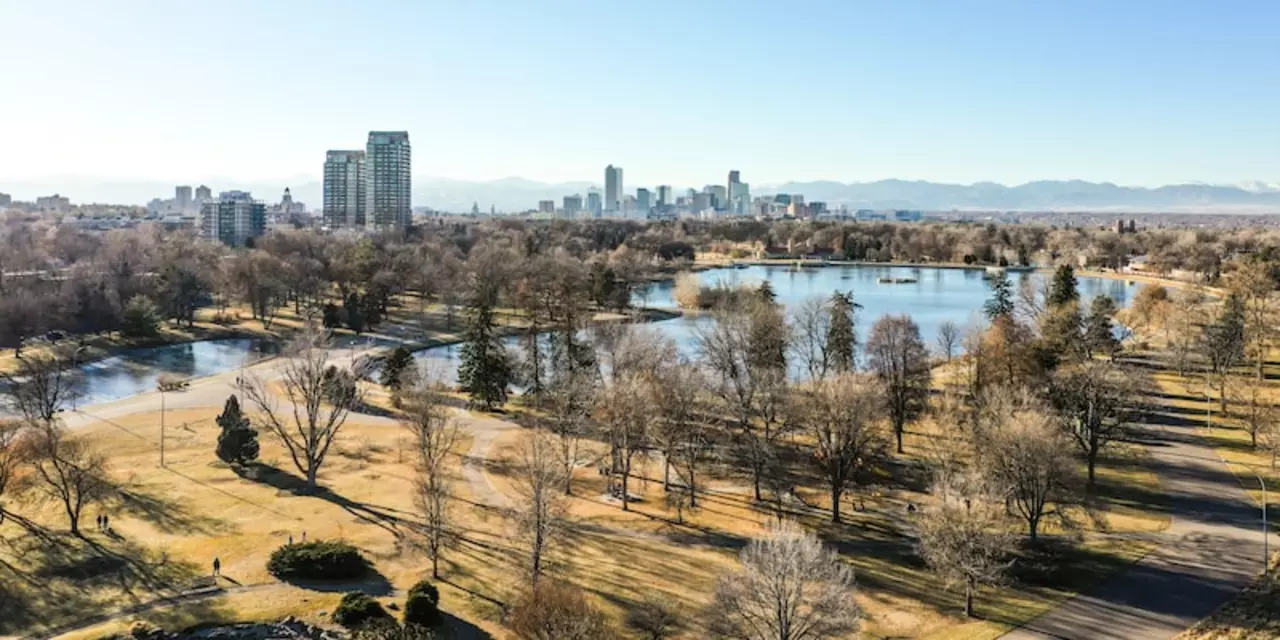On November 18, 2025, in the Oval Office of the White House, President Donald J. Trump interrupted a direct question about the 2018 murder of journalist Jamal Khashoggi to defend Saudi Crown Prince Mohammed bin Salman — a move that ignited fresh outrage from families of 9/11 victims and human rights advocates. The moment, captured live by ABC News Chief White House Correspondent Mary Bruce, unfolded during MBS’s first U.S. visit since the killing, which U.S. intelligence has long tied directly to him. Trump’s defense — ‘You don’t have to embarrass our guest’ — came as the Crown Prince sat beside him, flanked by U.S. and Saudi flags, just hours after a ceremonial arrival featuring the 3rd U.S. Infantry Regiment’s honor guard.
Intelligence Confirmed: MBS Ordered the Kill
The Central Intelligence Agency’s 2018 assessment, later declassified on February 26, 2021, left no ambiguity: Mohammed bin Salman personally approved the operation that led to Jamal Khashoggi’s brutal killing inside the Saudi consulate in Istanbul. The report stated MBS viewed Khashoggi — a Jamal Khashoggi, 59, contributing columnist for The Washington Post — as a threat and supported "violent measures" to silence critics. The CIA’s findings were corroborated by multiple international investigations, including one by the United Nations special rapporteur. Yet during the White House meeting, Trump dismissed the conclusion outright. "Things happen," he said. "He knew nothing about it, and we can leave it at that." He added, "Lot of people didn’t like that gentleman," a remark later cited by The Independent as emblematic of his dismissive tone toward dissidents.Family Anger Over 9/11 Ties
The tension wasn’t limited to Khashoggi. Mary Bruce, pressing MBS on behalf of the 9/11 Family Steering Committee, asked why the Crown Prince was being welcomed despite lingering suspicions about Saudi involvement in the September 11, 2001 attacks. Fifteen of the 19 hijackers were Saudi nationals. Though the Saudi government denies institutional complicity, 28 classified pages of the 2002 Joint Congressional Inquiry — still partially redacted — point to possible financial and logistical support from within Saudi Arabia. The 9/11 Family Steering Committee, representing over 1,200 victims’ families, had publicly condemned the visit before it even began. "This isn’t diplomacy," said Susan M. B. Hirsch, whose brother died at the Pentagon. "It’s a reward for impunity." MBS responded by saying, "I feel painful about families of 9/11 in America," but quickly pivoted to blame Osama bin Laden. "He used Saudis to destroy the relationship between the kingdom and the United States," he claimed — a narrative Saudi state media, including the Saudi Press Agency, has pushed for years. His statement ignored decades of evidence suggesting the Saudi royal family’s complex ties to radical clerics and charities linked to al-Qaeda’s early funding networks.A Lavish Welcome, a Toxic Legacy
The optics of the visit were impossible to ignore. A red carpet, a 12-member honor guard from the 3rd U.S. Infantry Regiment (The Old Guard), and the display of two national flags created a spectacle of state reverence. Yet beneath the ceremony lay a deep moral contradiction: the U.S. was honoring a leader accused of ordering the dismemberment of a journalist — while the families of nearly 3,000 Americans killed in a terrorist attack, many of whom believe Saudi officials aided the plotters, watched in silence. The Kingdom of Saudi Arabia, with a 2024 GDP of $1.062 trillion and foreign reserves exceeding $440 billion, has long leveraged its economic power to shield itself from accountability. Despite being labeled a "Country of Particular Concern" for religious freedom violations in 2020 — a designation later waived — the kingdom continues to receive advanced U.S. weapons, intelligence cooperation, and diplomatic cover. The U.S.-Saudi Arabia Trade and Investment Framework Agreement, signed in 2003, remains in force, even as human rights watchdogs document the imprisonment of women’s rights activists and the suppression of free speech.What Comes Next?
The 9/11 Family Steering Committee announced plans to escalate protests through December 2025 congressional hearings on Saudi accountability. Meanwhile, the Central Intelligence Agency is reportedly preparing a new classified update on MBS’s ongoing crackdown on dissent — including the 2023 arrest of over 200 intellectuals and journalists under the guise of "anti-corruption" measures. European allies, including Germany and France, have privately expressed alarm over the U.S. stance, with one EU diplomat calling it "a betrayal of the values we claim to defend." The White House has not responded to requests for clarification on whether it will support the Justice for Victims of Terrorism Act, pending in Congress, which would allow families to sue foreign governments for terror-related damages. Legal experts say the bill, if passed, could open the door to lawsuits against the Saudi royal family — something the Trump administration appears determined to block.Why This Matters
This isn’t just about one visit. It’s about whether the United States still holds its allies to basic standards of human rights — or whether oil, arms deals, and geopolitical convenience have permanently replaced moral clarity in foreign policy. When a president defends a man accused of ordering a journalist’s murder while families of 9/11 victims are still seeking justice, it sends a chilling message: some lives are expendable if they stand in the way of power.Frequently Asked Questions
How did U.S. intelligence conclude MBS ordered Khashoggi’s murder?
The CIA analyzed intercepted communications, forensic evidence from the Istanbul consulate, and testimony from Saudi operatives who later defected. One audio recording captured MBS giving the order to "take him out" in a call with his top security advisor. The February 2021 declassified report confirmed this assessment, citing the Crown Prince’s control over the Special Rapid Intervention Unit that carried out the killing. Multiple international agencies reached the same conclusion.
Why are 9/11 families angry about MBS’s visit?
Though Saudi Arabia denies official involvement, 15 of the 19 hijackers were Saudi nationals, and declassified documents show financial links between Saudi individuals and al-Qaeda operatives. The 28 redacted pages of the 2002 congressional inquiry suggest possible Saudi government support. Families argue that honoring MBS ignores decades of unanswered questions and undermines justice for 2,977 victims.
What has Saudi Arabia done since Khashoggi’s murder to address criticism?
Saudi Arabia prosecuted five individuals in a closed trial, sentencing three to death — later commuted. The government claims it reformed its intelligence protocols. But human rights groups note no senior officials were held accountable, and repression has intensified. Since 2018, over 500 journalists, activists, and clerics have been arrested under MBS’s rule, with many facing torture or indefinite detention without trial.
Has the U.S. ever punished Saudi Arabia for human rights abuses?
The U.S. imposed limited sanctions on 17 Saudi officials in 2020 under the Global Magnitsky Act, but none targeted MBS directly. Arms sales continued uninterrupted, with over $20 billion in weapons approved during Trump’s presidency. The State Department waived its religious freedom designation in 2021, citing "strategic interests." No major economic or diplomatic penalty has been applied to the Saudi monarchy as a whole.
What role does oil play in this relationship?
Saudi Arabia controls nearly 15% of global oil reserves and is the world’s largest exporter. The U.S. relies on its stability to keep global prices low, even as domestic production rises. In 2024, Saudi Arabia supplied 13% of U.S. crude imports. This economic dependency has consistently overridden human rights concerns — a pattern repeated since the 1970s, when the U.S. first forged its strategic alliance with the House of Saud.
Is there any legal recourse for Khashoggi’s family or 9/11 victims?
Khashoggi’s fiancée, Hatice Cengiz, is pursuing civil litigation in Turkey and the U.S. under the Alien Tort Statute. For 9/11 families, the Justice for Victims of Terrorism Act could allow lawsuits against foreign states — but only if Congress removes sovereign immunity protections. The Biden administration opposed the bill; Trump’s support for MBS suggests he’d veto it if it reached his desk.





